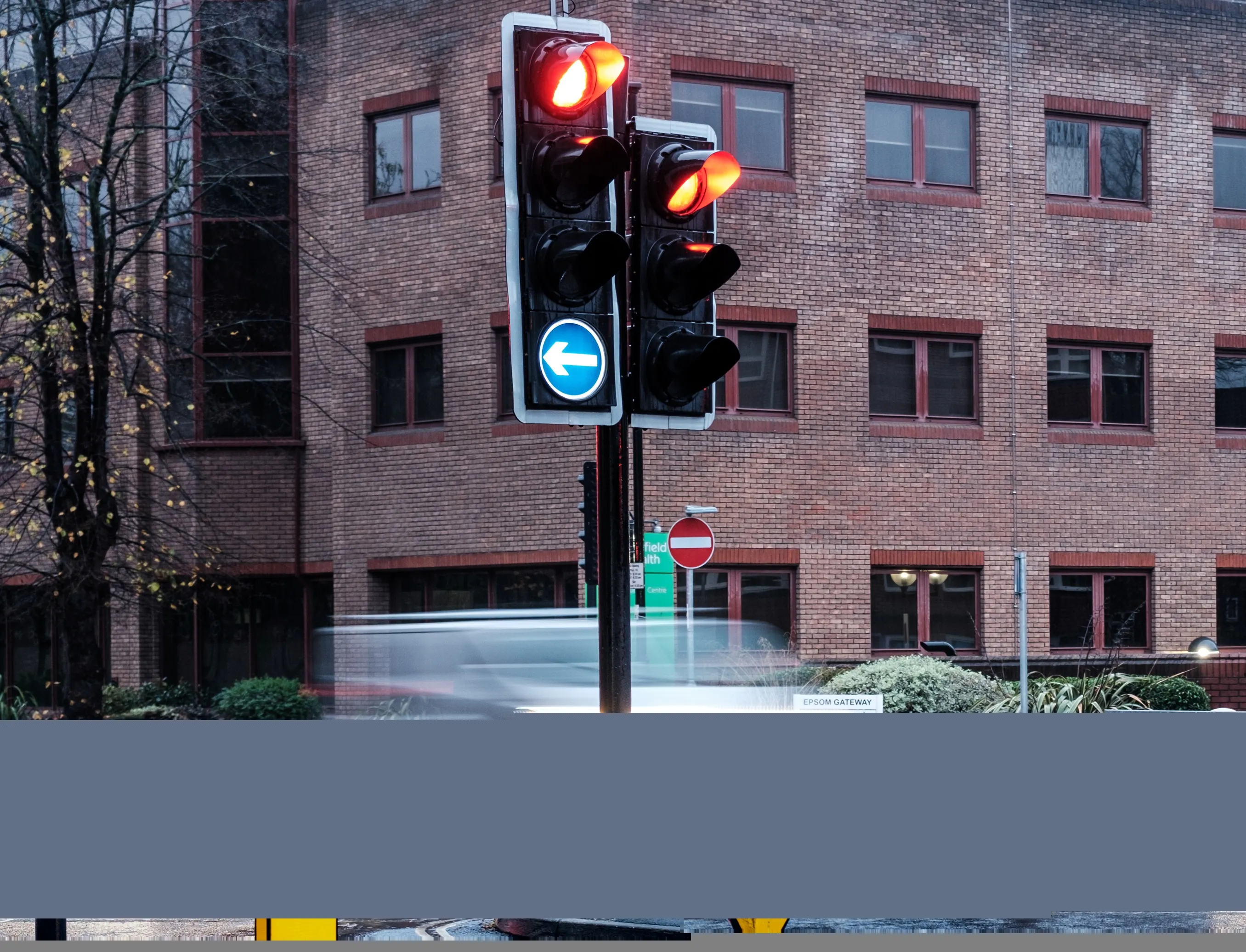This scheme aims to incentivise firms to work on quieter roads or outside of rush hour as well as collaborate with other companies to prevent roads from being dug up multiple times.
Around 2.5 million roadworks are carried out each year, costing the economy £4bn ($5.5bn) in increased costs to businesses through late employees or deliveries.
The
Jo Johnson, transport minister, said: “Drivers often see red when roadworks cause them delays, especially if no one is working on them. Lane rental has seen a massive drop in disruption to drivers as utility companies have changed when and where they carry out work. Now we want millions of motorists around England to get the same benefits.
“The Department for Transport carried out a consultation into the scheme last year, and the majority of those responding supported its rollout nationwide. Many said they wanted to take advantage of the ‘clear benefits’ of lane rental schemes.”
Mike Cherry, Federation of Small Businesses, national chairman, responding to the announcement, said: “Congestion on roads is an ongoing and frustrating concern for those that run and work for small businesses and their customers.
"Our own research shows 45% of small firms identify congestion on local roads as their top transport concern, while 31% said frequent roadworks are a major issue affecting their business, in particular the length of time taken to complete the work.
“Getting stuck in traffic costs valuable time and money, so a plan that cuts down on this is a welcome one.”
UK lane rental schemes set to go nationwide to help reduce congestion
UK lane rental schemes, where utility companies can be charged up to £2,500 ($3,499) each day for digging up the busiest roads at peak times, can be adopted by councils as part of a government approved strategy to help reduce congestion. The announcement follows successful trials conducted in London and Kent.
This scheme aims to incentivise firms to work on quieter roads or outside of rush hour as well as collaborate with other companies to prevent roads from being dug up multiple times.
Around 2.5 mi
February 20, 2018
Read time: 2 mins
UK lane rental schemes, where utility companies can be charged up to £2,500 ($3,499) each day for digging up the busiest roads at peak times, can be adopted by councils as part of a government approved strategy to help reduce congestion. The announcement follows successful trials conducted in London and Kent.










